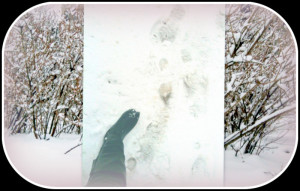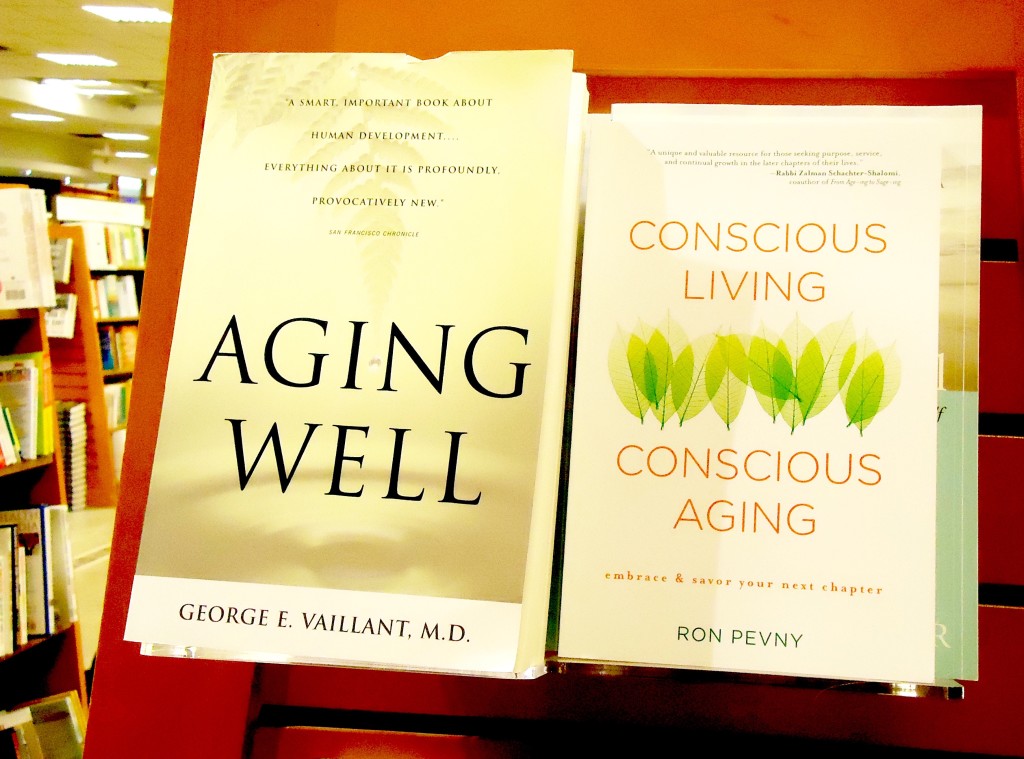I’m pleased to introduce my good friend, Cynthia, who is seventy-eight years young. She has always been a very positive influence on me in her outlook on life and her youthful enthusiasm for living. I wanted to know what was her secret to “youthful aging.” What were the life lessons she learned along the way that might help me with my own aging process? For those of you who have followed my posts, you may have noticed that I like to highlight my friends. I have done posts on the skills, talents, and abilities, or whatever moved me about some of my friends – and this post is just another example.

Jean: Where were you born and when?
Cynthia: I was born in Dasmarinas, Cavite, Philippines in 1938.
Jean: What were you like as a child and in your youth? What jobs did you hold later in life?
Cynthia: I remember my mother would lovingly say that I was her clinging vine. Whenever we went out, I would cling to her skirt and hide behind her until I was eight years old. I was shy, frail, sickly, and a picky eater. Despite my shyness, I was helpful, caring, and generous. As a child, I was described as cute especially since I have naturally dark, curly hair. In elementary and high school, I was always on the Honour Roll. I enjoyed reading fiction and non-fiction books. I loved nature and enjoyed looking at the sky, clouds, moon, and stars. I loved sunsets and music. I still play my piano everyday. As a teenager, I was described as pretty and charming and had a pleasing, likeable personality. I graduated from high school as Valedictorian. At University, I did my Bachelor of Science in Education. I did all the course work for my Master of Arts Degree in Linguistics but didn’t bother writing the thesis. After graduation, I taught high school in a Catholic Private School for fourteen years, becoming Principal for three of those years. After that, I became Registrar at a Catholic University run by Jesuits in the Philippines. In Canada, I worked in an Inventory Control Job, and as a companion and caregiver to my mother.
Jean: I admire your positive attitude to life, in general. What are your thoughts on aging?
Cynthia: It’s a normal part of being alive. On the one side, I don’t think of aging as “growing old” – as being related to one’s age. At seventy-eight, I’m more alive, more active, and healthier, than when I was 20. Yet on the other side, I’m aware that it’s age-related because some of my senses are not as keen as when I was younger. I also have more lapses in memory. Plus, I have aches and pains that are chronic.
Jean: What would you say that you know about living a happy and successful life that you didn’t know when you were twenty?
Cynthia: At twenty, I had a University degree, my first job, a loving family and was surrounded by caring relatives and friends. I had good health, a roof over my head, more than enough food to survive, a deep faith in God, and no problems. At twenty, I remember being very happy and felt successful. Consequently, at twenty, I already knew what I needed to know about living a happy and successful life.
Jean: Were you always this positive a person?
Cynthia: Yes, but I was not really aware that I had this attitude. A social worker who interviewed me to make sure I had all the help needed while undergoing breast cancer treatment told me this. I was initially scared and worried. My fear and worry disappeared when I realized that since my cancer was first stage, it was very curable. I had all the needed medical personnel – oncologists, nurses, specialists, radiation technicians, and treatments. I was covered by OHIP. I had private medical insurance. Two of my sisters from the USA would come to care for my mother and me. Today, almost ten years later, I’m still cancer free (in remission). The social worker told me that I had a way of reframing negatives into positives.
Jean: Some people say they have had difficult or stressful experiences but have learned important lessons from them. Is that true for you? Can you give examples of what you have learned?
Yes, I have learned lessons from difficult experiences. I have learned that depression can be cured with proper medication (amazing how it can alter brain/moods). It can also be cured by opening up to people who truly care and know you – people capable of listening and who have empathy while you are talking and crying.
Jean: You come from a family of nine children. Your father was a medical doctor and your mother was a pharmacist and chemist/a University Professor of Math, Physics, and Chemistry. Obviously, your parents must have had a big influence on you. Of all the things you learned from your parents, which do you feel were the most valuable?
Cynthia: Sharing, generosity, hard work, maintaining a close relationship with my nine siblings and their families, and education. All nine of us have university degrees. All of these are equally valuable to me.
Jean: What do you think you have the most of: talent, intelligence, education, or persistence?
Cynthia: I have all of the above. Plus, I have a lot of common sense and a sense of humour.
Jean: How have those qualities helped you in your life?
Cynthia: They allowed me to make the right decisions and choices. I have no regrets. I might not be as intelligent now but I’m wiser, more patient, and more accepting of people and not judgmental of others. I’m quite happy, content, and fulfilled now.
Jean: What are some of the important choices or decisions you made that you have learned from?
Cynthia: Migrating to Canada at forty (in 1978) and making a new life in a new country. Remaining single because I never found a man whom I loved more than myself – being independent and child-free. Maintaining a very close and loving relationship with my siblings and their families, in spite of the distance (U.S. and the Philippines). Retiring early (fifty-nine) to take care of my mother full-time. Through taking care of my mother, I learned a lot. It was the most difficult choice I ever made, but the best and most fulfilling one.
Jean: What was it about taking care of your mother that gave you this great sense of fulfillment?
Cynthia: I wanted my life to be a life of service to others from when I was fifteen. When I realized that my mother needed me, I quit my job and devoted my life to caring for her completely. It was in caring for my mother that the dream of service I had at fifteen was fulfilled. My mother died when she was ninety-seven years old but she had wanted to die at 100.
Jean: I know that you described your qualities earlier – standards of behaviour. What would you say are the major principles that you live by – the rules that govern your actions?
Cynthia: respect and compassion between people
- strong family ties.
- unwavering /deep faith in God.
- focusing on the positive, it attracts positives.
- loving and appreciating myself. Stop beating up on myself.
- I hardly feel or sense that someone means to insult, offend, or look down on me. If what is said about me is true, why be offended? If it’s not true, why be insulted (except when my morals, integrity and credibility are negatively impacted)?
Jean: How did you come to your deep faith in God?
Cynthia: I was raised as a Catholic and attended Catholic schools. My spirituality is based on compassion and kindness and not on the number of times I go to church. Where I am now spiritually is something that I have grown into over the years. My mantra is “everything in God’s good time.” I am very patient and trusting. I know that God will never abandon me; that He will always take care of me.
Jean: We have been talking a lot about learning throughout this interview. Life lessons – what are some of the most important lessons you feel you have learned over the course of your life?
- the more you give, the more you receive.
- at the end of our lives (in a coffin), everyone looks down on us. No one looks up at or to us.
- Heaven is where I’m surrounded by others. Hell is where I’m surrounded by I, me, and myself (my clones).
Jean: Do you have any fears about dying?
Cynthia: Yes. I’m afraid of:
- Prolonged pain and suffering
- Dementia/Alzheimer’s Disease
- Being alone
Jean: If a newspaper wanted to do a story about you, what would the story be about?
Cynthia: How I gave up my life for about fourteen years to take care of my mother.
Jean: If you could have three wishes right now, what would they be?
Cynthia: To be a millionaire (why not?)
- That the last years of my life would be the best/happiest years.
- That on my death bed, I would be surrounded by my loved ones.
Jean: How do you want to be remembered by others?
Cynthia: That I was kind and compassionate.
Jean: Is there a person/persons that really changed the course of your life by something that they did?
Cynthia: My Papa and Mama.
Do you have any last words coming from that youthful, positive spirit within you, that you would like to share to encourage others who feel that aging is all downhill?
– I have financial benefits:
– discounts from TTC (transportation), restaurants, department stores, etc.
– Retirement Pension
– Old Age Supplement
– OHIP coverage – free medical treatment and procedures.
– I get more respect and help from strangers and friends.
– my family and relatives have increased so I feel more loved and respected. Best of all I give and get back lots of hugs and kisses.
Jean: Thanks, Cynthia, for agreeing to be on my blog and to share as freely as you have. I learned a lot. You know that you’re a very positive role model for me and I thank you.

